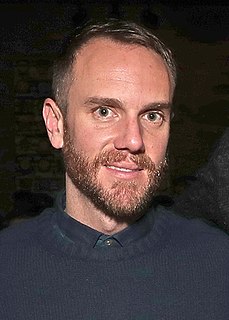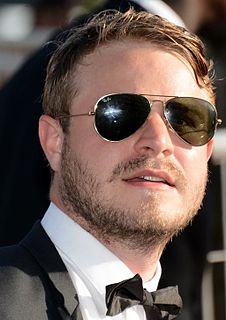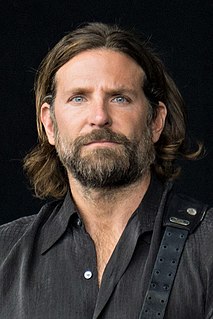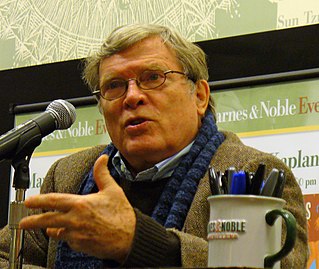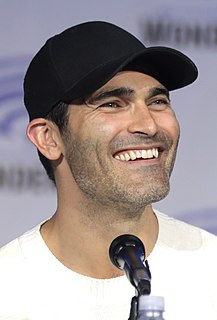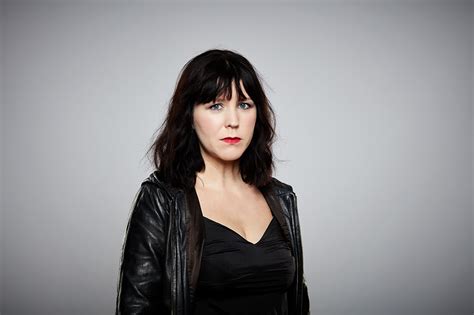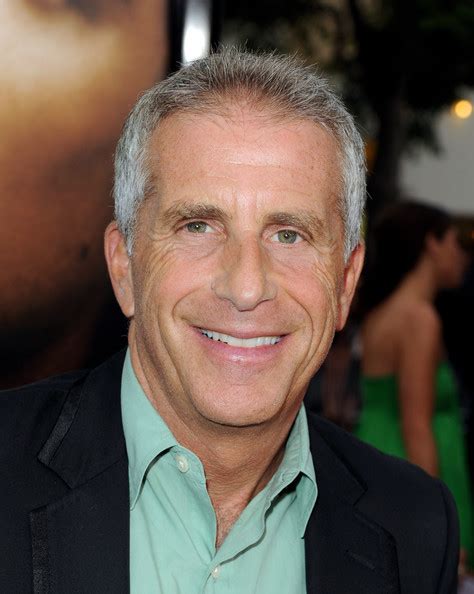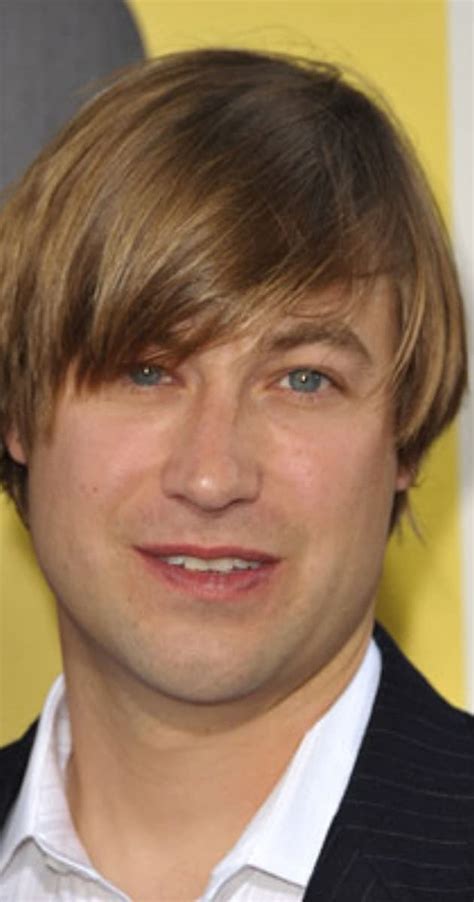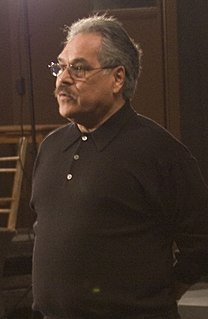A Quote by Charlie McDowell
I still go see films for entertainment, and I love them, but for me as a filmmaker, I really want to have a purpose in telling a story.
Related Quotes
I usually try to connect with young filmmakers over the phone so I can hear them and just pick their brain as to why they want to tell the story. And usually, I'm on board. I go, "Yeah, I'd love to help. And I just need to know why you want to do this,' and it's usually an easy process because a filmmaker usually reveals his or her heart in telling the story. And that's why I'm pretty much of a softy when it comes to helping along the young ones along the way.
John Cassavetes' films have really altered the way I see film and acting and storytelling and emotion and love, so I see acting as this incredible revealing of human nature and this means of telling our story, sharing our voice with the world. That's what acting is for me. It allows for people to experience things through the character, through the story.
I never wanted to be an actor. My dad was an actor, and he never brought joy home, so I didn't view it as something that I would want to do. But I got fired as a secretary, and then I started studying, I started doing it just to earn money. And it took me a long time to learn to love it. And what I loved was telling a story. I tried to avoid making plays or films that weren't telling a story that I felt was important. I discovered in the process that it makes you more empathic because you have to enter someone else's reality and learn to see through many other people's eyes.
In fiction the narrator is a performance of voice, and it can be any style of voice, but I'm interested in the ways that a voice that knows it's telling a story is actually telling a different story than it intends to. In the way that I can sit here and tell you what I had for breakfast, but I'm really telling you that I'm having an affair, something like that. And I don't think my writing is plain, but I think a lot of my characters are just talking. There is vulnerability there, in that we can start to see through them, we can start to see where they're deceiving themselves.
I love sitting down with my friends at dinner and actually telling them a story, as opposed to going, "Hey, did you see that thing I posted on Instagram?" For me, I would so much rather sit there and actually share a story with somebody and have somebody tell me about their trip, or things like that. I don't need to see it.
I love doing comedy, and that's the thing I will always go back to, really, but I'd love to have the freedom to do sort of 'meaty' roles but also have the freedom to do the sort of films I want to make, like what Woody Allen does. You forget he's funny because you're so gripped by the story, but they still make you laugh.
